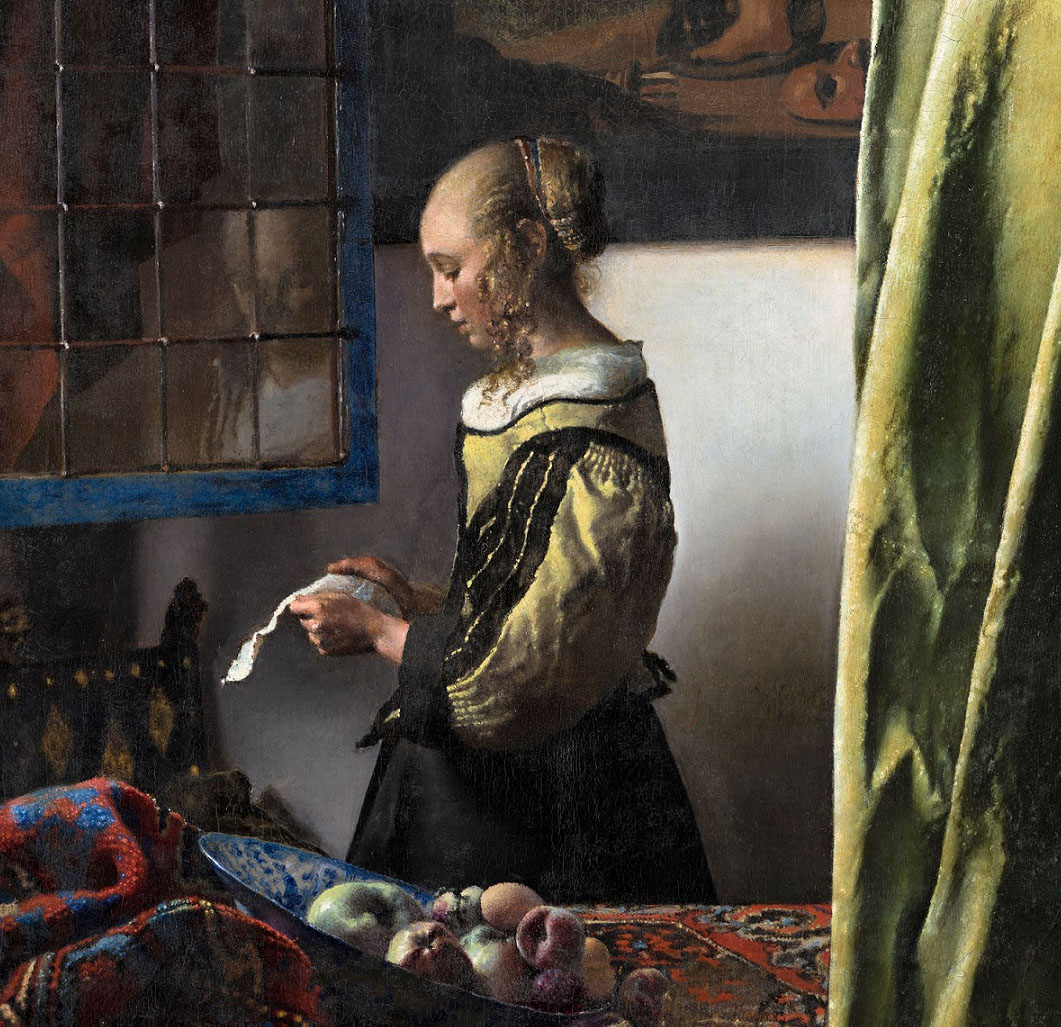The Free State of Saxony returns human remains to Hawai'i
23 October 2017The Free State of Saxony returns human remains to Hawai'i
Today, for the first time in its history, the Free State of Saxony has returned human remains to representatives of the remains' country of origin. The remains were stolen from burial caves in Hawai'i between 1896 and 1902 and were sold directly to the Museum of Ethnology in Dresden and Arthur Baessler, a patron of the museum. Between 1896 and 1904, they became part of the anthropological collection of the Museum of Ethnology in Dresden, which, since 2010, belongs to the Staatliche Kunstsammlungen Dresden (Dresden State Art Collections).
When these human remains were removed from their final resting place for the collection one hundred years ago, the deceased were transformed into objects. Now the museum itself is reversing the process of dehumanization; i.e., these remains are being rehumanized by not only being designated as objects with inventory numbers but as deceased individuals.
The rehumanization of these human remains, combined with an intensive provenance research and a close, trustworthy collaboration of the SKD with the representatives of the Hui Mālama I Nā Kūpuna 'O Hawai'i Nei - Group caring for the ancestors of Hawai'i and the Office of Hawaiian Affairs made today's return possible. The importance of this restitution for the Hawaiians was also shown by the fact that high-ranking representatives of Hawaiian organizations as well as the Economic Officer of the Embassy of the United States, Robert Folley, came to Dresden for the ceremony in the Japanisches Palais. The State Minister of Science and Art, Eva-Maria Stange, the Director-General of the Dresden State Art Collections, Marion Ackermann and the Director of the three ethnographic museums in the network of SKD, Nanette Snoep, took part in the ceremony.
Eva-Maria Stange, Minister of State for Science and Art of the Free State of Saxony: "In Saxony, we have agreed that 'human remains', however they may have come to us, will be returned to those ethnic groups from which they originate. Before the return, the history of how the remains were collected has to be illustrated clearly and has to be accompanied by a careful legal process. With the return of human remains to Hawai'i, which takes place today, an inglorious chapter closes for the Free State of Saxony. At the same time a new page is opened in dealing with human remains in museums: with respect and acknowledgment and appreciation of cultural and religious traditions the human bones, hitherto regarded as 'objects', are rehumanized, and they retain the intrinsic individuality and human dignity. "
Marion Ackermann, Director-General of the Dresden State Art Collections, places today's return within the current discussion and explains: "Ethnological museums worldwide are increasingly becoming the focal point of critical discussions. The debate on questions of the provenance of "ethnographic objects" acquired or stolen in the colonial context, as well as the restitution of human remains to the descendants of the deceased, has been discussed to extreme lengths. This debate, however, often stagnates at the level of political positioning and lacks productive consequences. Restitution in the field of ethnological museums is often seen as an individual and final act, as an end in itself that could even threaten the survival of the collections and the research of a museum. On the contrary, we should regard it as an opportunity when human remains are returned back to their cultural context. This opens doors for cooperation, joint research projects and cultural cooperation."
Nanette Snoep, Director of the Museum of Ethnology Dresden, the Grassi Museum of Ethnology in Leipzig, and the Museum of Ethnology in Herrnhut: "Today we have returned the bones of ancestors to Hawai'i. They had a family, and their life story made them victims in the name of scientific research, colonialism and an unequal balance of power. These deceased were brought to Europe against the will of the societies where they originated. The void created by this has left painful and irreparable gaps: emotional, religious, spiritual, and historical. The mourning of the survivors has continued for generations. Restitution is a way for healing and justice. For the Iwi Kupuna, the bones of the ancestors, their journey home begins at last. "
